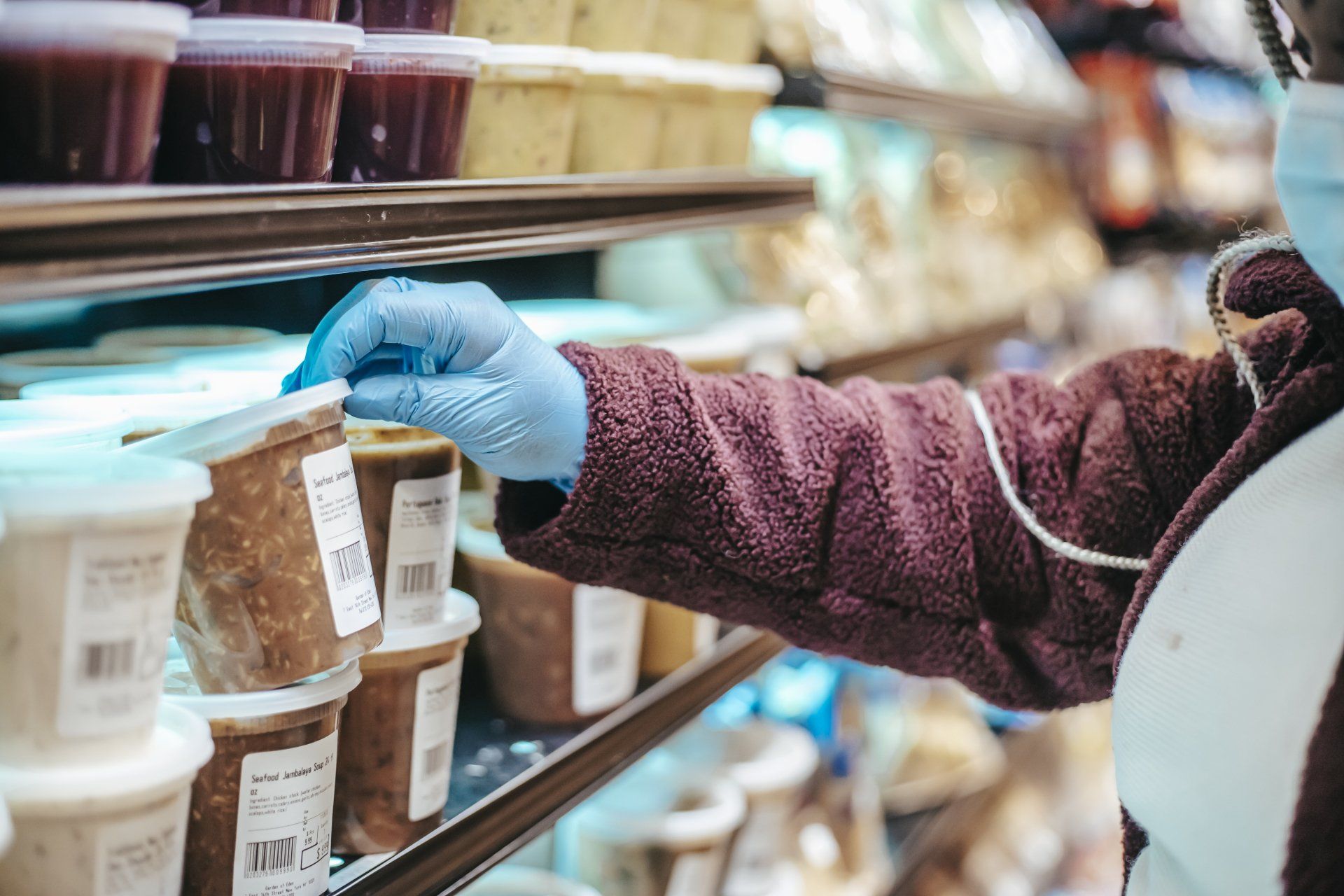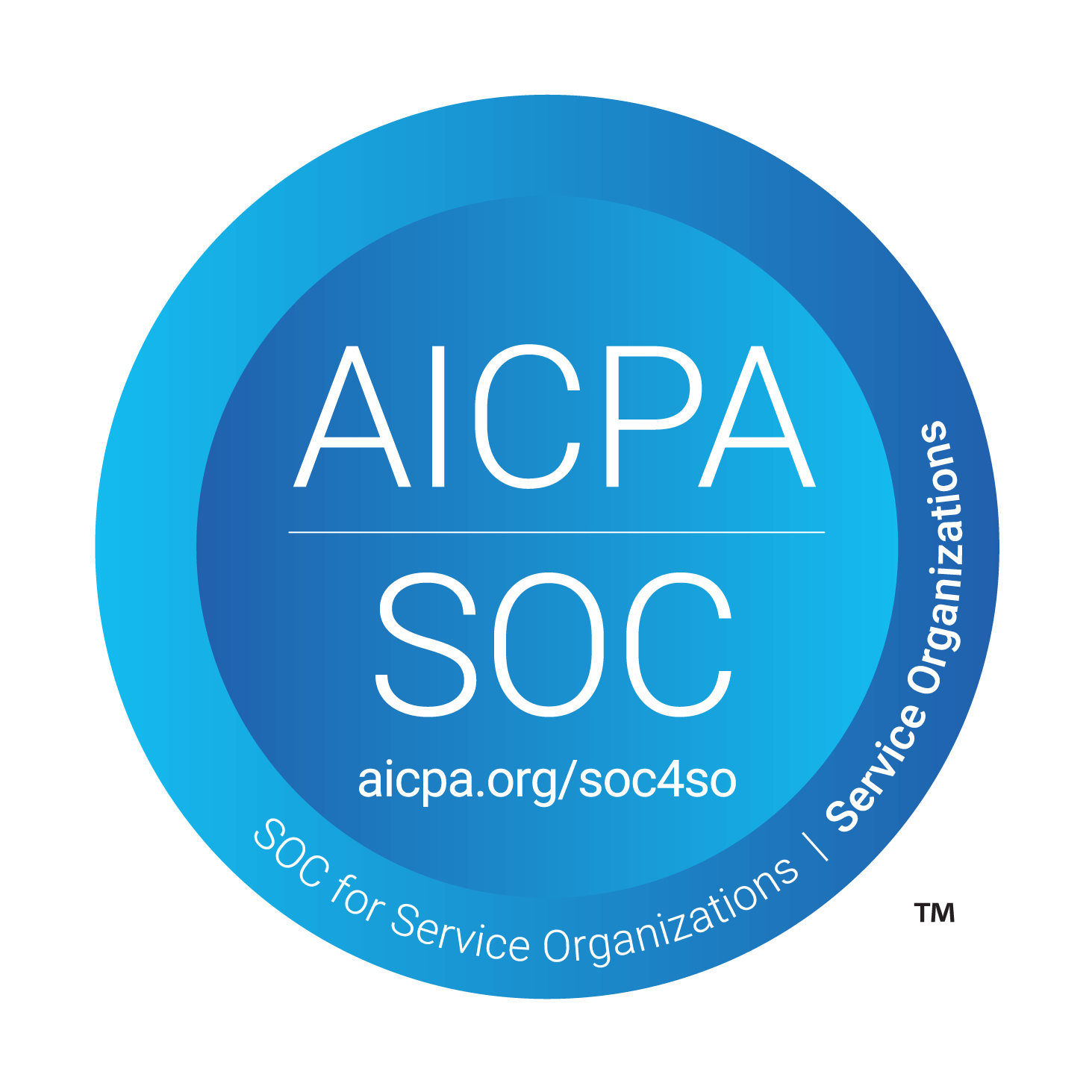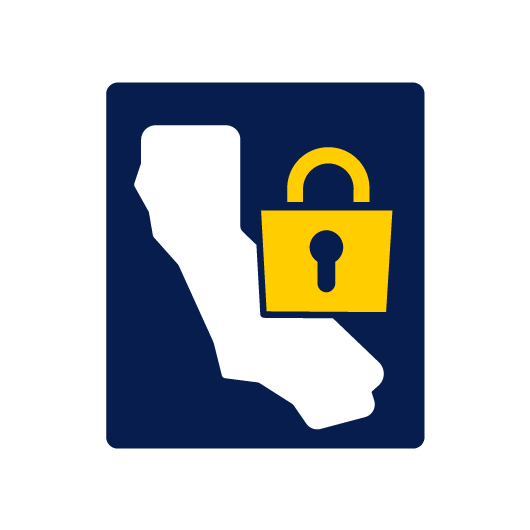Are you ready for FSMA 204?
Forms On Fire Can Help

The Food Safety Modernization Act (FSMA) Section 204, also known as the Food Traceability Rule, represents a significant shift in the way food safety is managed in the United States. This comprehensive summary incorporates information from various sources, including the FDA, industry experts, and analytical reports.
Background and Purpose
- Enactment and Goals: The FSMA was signed into law in 2011 under the Obama administration, with the Food Traceability Rule being finalized and published by the FDA on November 15, 2022.
- Key Objectives: The rule aims to increase the visibility within the supply chain to respond more effectively to foodborne illnesses, contamination, and other public health issues. It is part of the FDA’s “New Era of Smarter Food Safety” blueprint, encouraging investment in digital technology and traceability.
Detailed Requirements
- Food Traceability List (FTL): This list includes various foods such as certain cheeses, shell eggs, nut butters, fresh fruits and vegetables, finfish, and ready-to-eat deli salads.
- Critical Tracking Events (CTEs): These include activities like growing, receiving, creating, transforming, and shipping food items. Each CTE requires a traceability lot code linked to relevant Key Data Elements (KDEs) for recordkeeping.
- Recordkeeping and Compliance: Facilities handling foods on the FTL must keep records of KDEs resulting from CTEs. These records must be maintained in a legible format and made available to the FDA within 24 hours upon request.
Challenges and Implementation
- Compliance Deadline: Entities must comply with the rule by January 20, 2026. Delay in implementation can lead to challenges in achieving full compliance
- Challenges: Companies may face challenges across areas like data, processes, stakeholders, and technology. Especially, organizations relying on manual recordkeeping may find it overwhelming to manage the required data volume.
- Steps Toward Compliance: Companies should focus on data readiness, process readiness, stakeholder readiness, and technology readiness.
Impact and Benefits
- Industry Impact: The rule fundamentally shifts the traditional “one up, one back” approach to a more comprehensive traceability system. It encourages the digitalization of the food system, addressing concerns around environmental impact and supply chain logistics.
- Benefits for Producers: Digital transformation can help producers become more resilient, especially in volatile markets, and enable more targeted and specific tracebacks and recalls. This can lead to cost savings and mitigate damage to a brand’s reputation.
Modernizing Food Safety
- Modernization through Traceability: FSMA 204 aims to clarify the often complex routes that foods take from origin to table, enhancing the integrity of the food supply. By implementing these measures, producers can ensure the delivery of safe food to customers.
Global Perspective and Future Outlook
- Global Implications: As the global supply chain grows and changes, the industry must evolve its technology and processes to remain relevant and competitive. The FSMA Section 204 is poised to expand in the coming years, emphasizing the need for proactive preparation by organizations.
- Long-Term Impact: The rule is expected to continue shaping the food industry's approach to traceability, playing a crucial role in increasing the effectiveness of recalls and ensuring public safety.
In summary, FSMA Section 204 represents a transformative approach to food traceability, focusing on enhancing public health safety by enabling a more efficient response to food safety issues. Its implementation poses challenges but offers significant opportunities for the food industry to modernize and improve its processes, ultimately benefiting consumers and the industry alike.
How Forms on Fire Can Help in FSMA Section 204 Compliance
With the enforcement of FSMA Section 204 approaching, food producers and handlers must adapt to stringent traceability requirements. Forms on Fire, a versatile mobile form and workflow digitization platform, can play a pivotal role in achieving compliance. Here's how:
- Native Mobile Apps: Forms on Fire offers native apps for iOS, Android, and Windows, enabling seamless integration into diverse device ecosystems, crucial for on-the-go data capture in food production and handling environments.
- Advanced Enterprise Features: The platform supports GPS, mapping, NFC, OCR, and contactless signatures. This range of functionalities can aid in detailed and accurate recording of Critical Tracking Events (CTEs) and Key Data Elements (KDEs), as mandated by FSMA 204
. - Offline Capabilities: Understanding the variability of connectivity in production and supply chain environments, Forms on Fire ensures uninterrupted work with its full offline capabilities. This is essential for maintaining continuous recordkeeping, a key requirement of FSMA 204
. - Productivity and Efficiency Tools: The software offers tools like barcode scanning, signature capture, and GPS location tracking. These features can optimize traceability efforts, allowing for the efficient capture and processing of vital traceability information.
- Customization and Integration: With no-code design tools and a variety of app design controls, Forms on Fire allows for extensive customization. Integration with systems like Google Drive, SharePoint, and Microsoft SQL Server ensures seamless data flow across different platforms, an essential factor in traceability.
- Reporting and Analytics: Leveraging tools like Microsoft Word and Excel for report generation, Forms on Fire can create comprehensive and customizable reports. These could be pivotal in providing traceability data to regulatory authorities or for internal audits.
- Workflow Automation: The platform's powerful tasking capabilities facilitate streamlined workflow management. Automated task routing and data-driven forms can significantly aid in maintaining the required traceability records and ensure no critical task is overlooked.
In conclusion, Forms on Fire offers a robust solution for businesses striving to comply with FSMA Section 204. Its blend of mobile convenience, advanced features, integration capabilities, and workflow automation makes it a valuable tool in the complex landscape of food safety and traceability.




